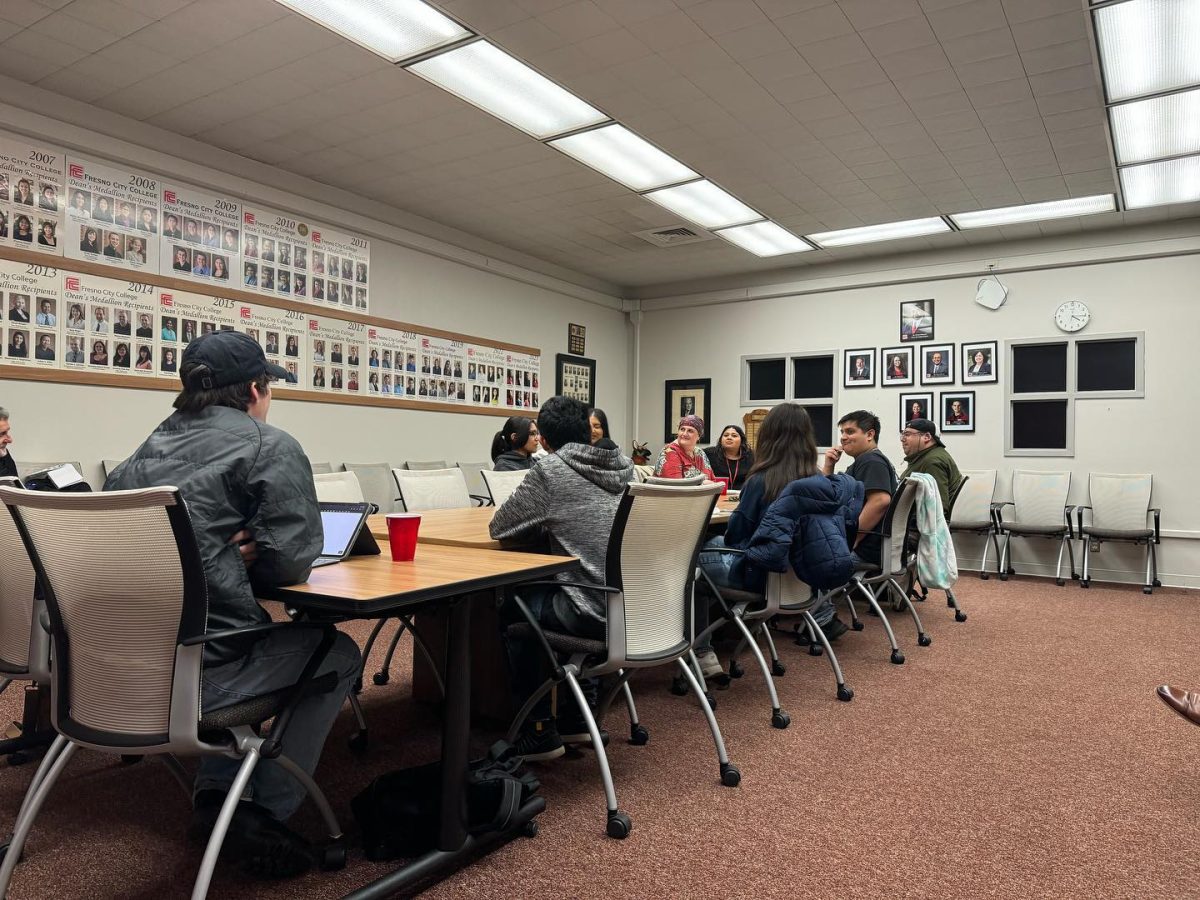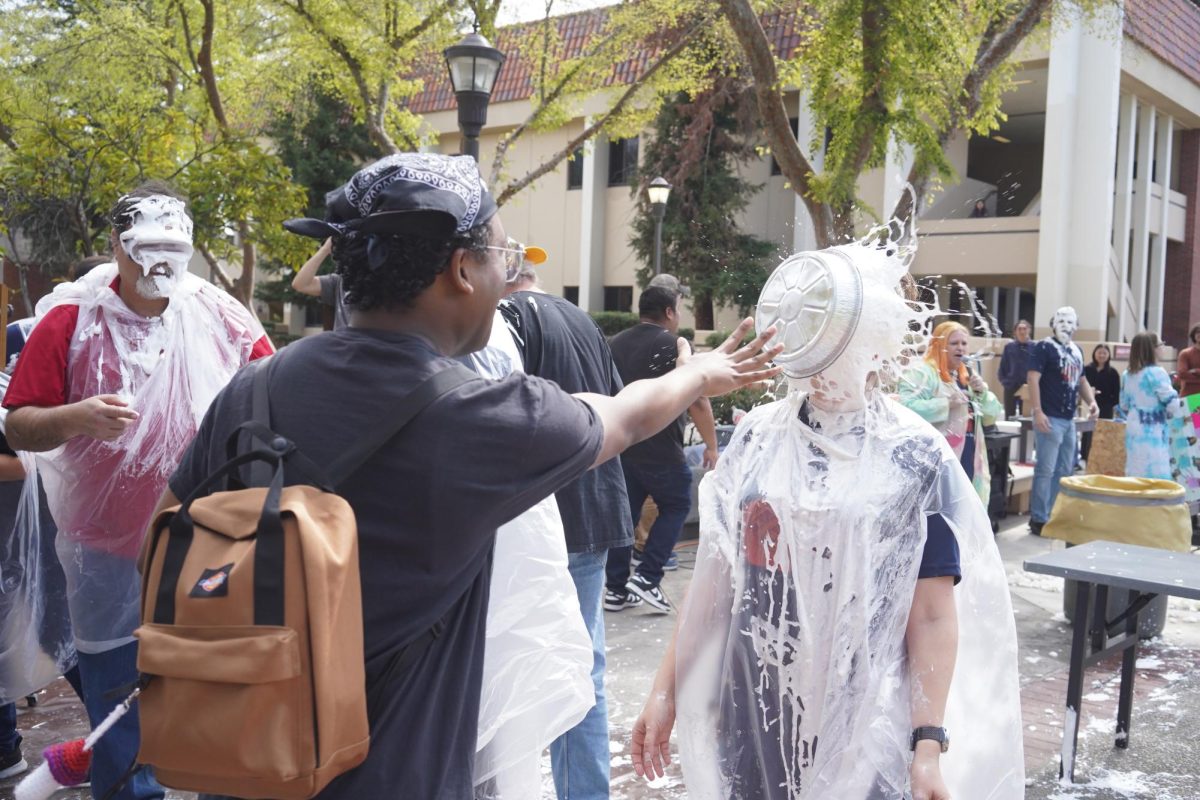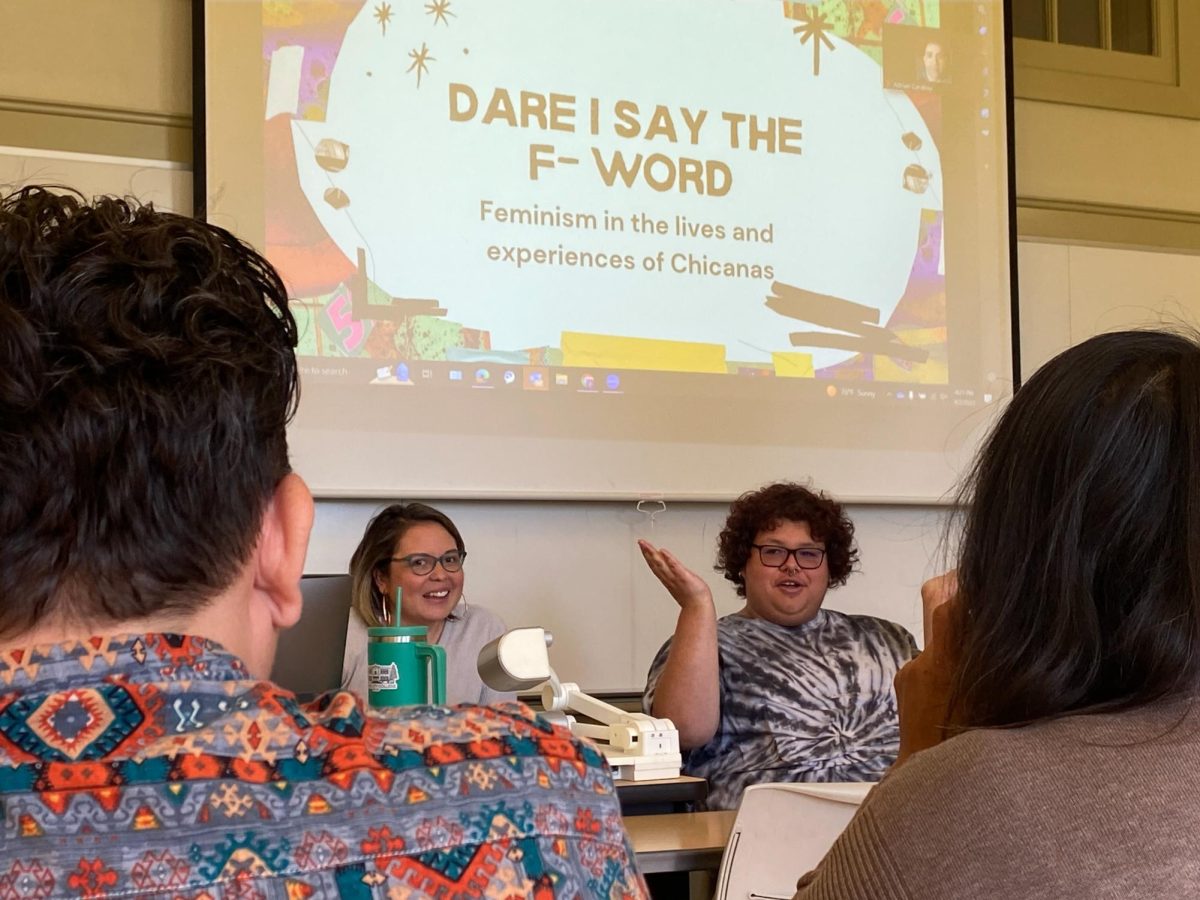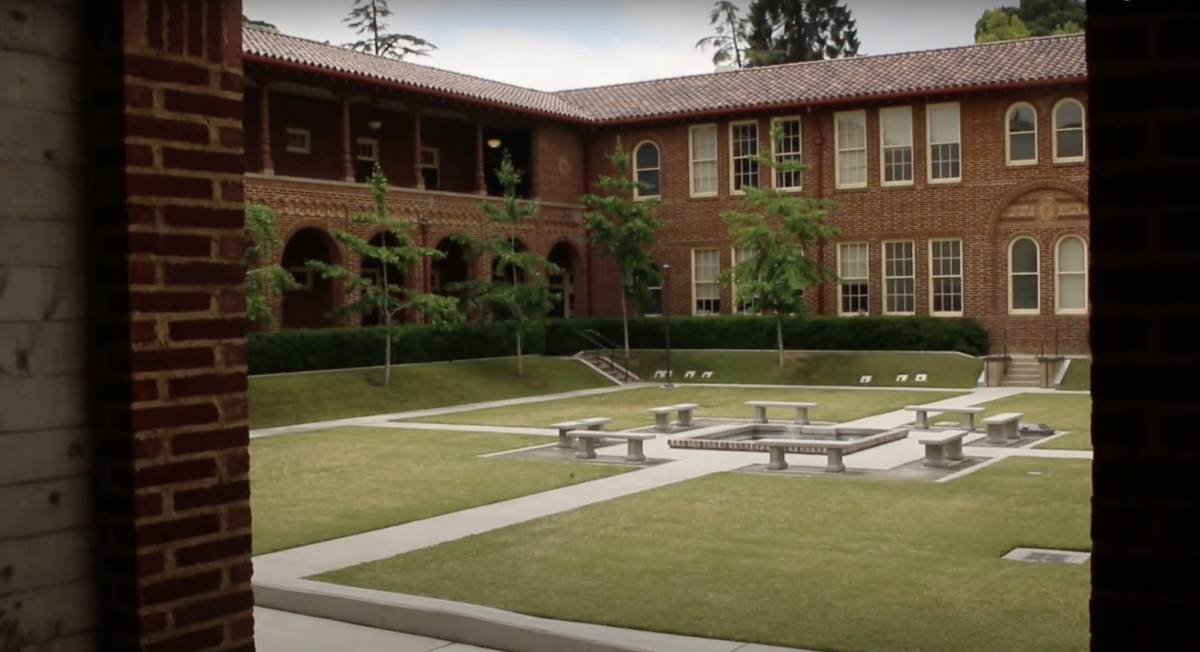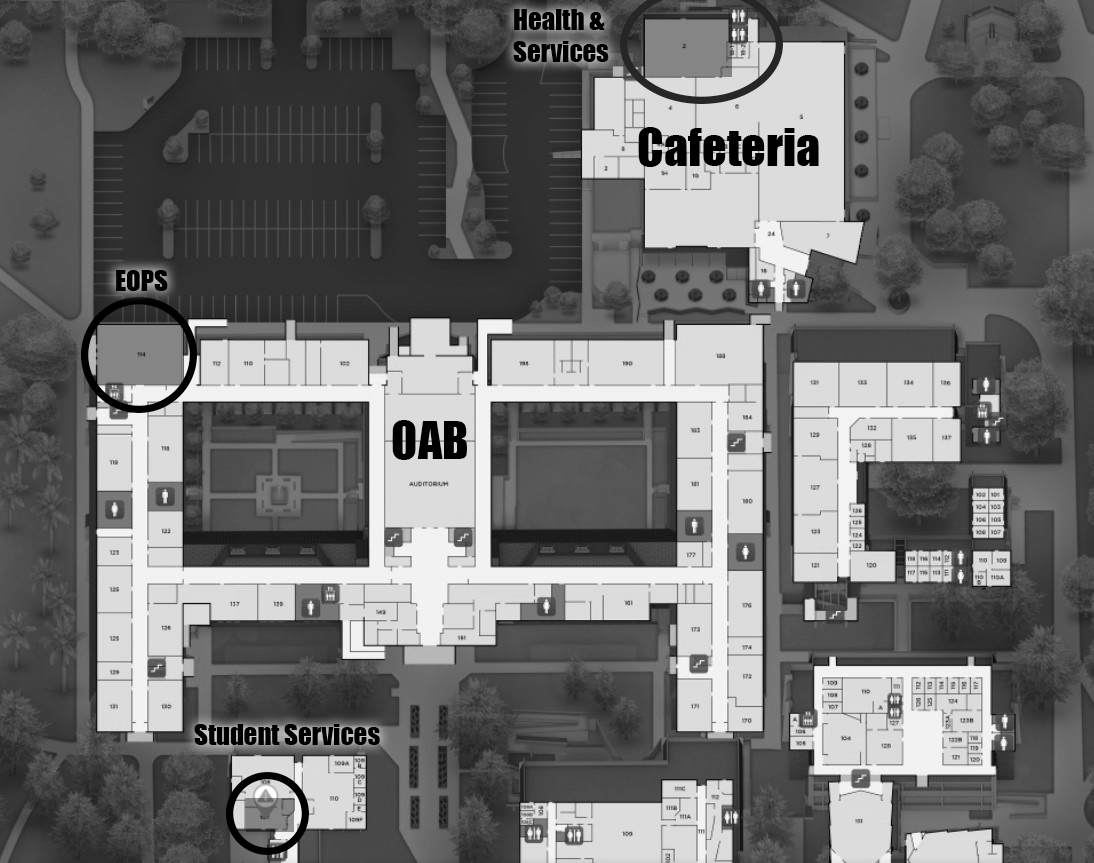For the average college student, the challenges of everyday life may include juggling school, work and social life — experiencing growing pains of transitioning into adulthood.
For some students, however, normal life is riddled with a few more hurdles. For these students, their greatest challenge is basic survival is the name of the game. Before they can start their homework at the end of a school day, they must first find a shelter to lay their heads and a plate of food meal to fill their stomachs.
Many groups at Fresno City College are working to help homeless students achieve success in both their academic goals personal lives. Unfortunately, many on the FCC campus, including those who could benefit, are unaware of these resources.
The Social Work Student Association (SWSA) club is one of the organizations at FCC striving to provide resources for homeless students.
“I keep my line open. If homeless students want to get a hold of me, they can,” says Margret Klassen, president of SWSA. “If students come to me, I can tell them where to go and how to fill out applications. There is a great need right now for students to know what they can do.”
But students have not been reaching out to Klassen. She says it may be because the students who need the resources are ashamed.
“People think that people who are on food stamps don’t do anything all day. But that is not true. It’s not necessarily the best reputation, but if you need it, you need it. The system is made to help people,” said Klassen.
Applications for food stamps are also now available online, a fact many people are not aware of, Klassen said.
“They can actually do applications online now. I’m sure not a lot of people know about that. It’s supposed to make it easier but at the same time, it’s hard if you don’t know your resources,” said Klassen. “A lot of people who qualify think they don’t. I think it’s 25 percent of people who qualify that don’t apply.”
As the days get shorter and temperatures lower, the SWSA club is hoping to receive more donations as well as more requests for shelter and warm clothes.
“If people have things they want to donate, I don’t have a problem storing that at my house,” said Klassen.
In the near future, SWSA plans to have workshops where they can assist those seeking assistance for social services such as food stamps and medical coverage.
“I’m pretty knowledgeable on these things. I have access to the information. If students need it, I can provide them with information. I can see what my organization can do,” said Klassen.
Natalie Chavez, Director of Foster Kinship and Education at FCC, is also striving to provide students with the basic needs so they can have a successful academic career. According to Chavez, there are 500 foster youth at FCC and many of them are “couch surfing” or in emergency shelters.
“They don’t have anybody to support them. They can’t find a job and they don’t have a stable life. They have a hard time being successful in school,” said Chavez.
At the beginning of the fall semester, Chavez was able to get a grant funding for meal cards. Full time students received $100 meal cards while part time students received $50 meal cards.
Like Klassen, Chavez is faced with the challenge of helping students become aware of the resources that exist.
“They are victims of abuse and neglect. They don’t want anybody to know. They have failed to have a caregiver that provides them with stability and knowledge to take care of themselves,” Chavez said. “They are reluctant to ask for help because they don’t want people to know their past history.”
Chavez says she is not interested in knowing their personal history. Her goal is to know what obstacles the students are facing in school and what she can do to help them get to their educational and career goals.
Adding to the challenge is the fact that many of the foster youth are older students who are trying to transition back into school.
“Coming out of high school, they were not ready. They were wild and they did what they wanted to do. Many of the students are between 20 and 24,” said Chavez.
Currently Chavez is working on a project called FCC Renaissance. The goal of the program is to make a foster culture on campus where foster youth can support each other. There will also be a fan page and emails about information for resources.
This year, Chavez has nominated a few students for the Hope for the Holidays program at FCC, which provides gift cards for students in need. Although she doesn’t have much else planned for the students this holiday season, Chavez hopes to provide students with much more next year. She would especially like to provide information to faculty so they can adopt students for the holidays.
“I would love to see faculty adopt young people,” said Chavez. “We get to go home for the holidays, but they don’t have anywhere to go. They don’t have gifts or family.”




